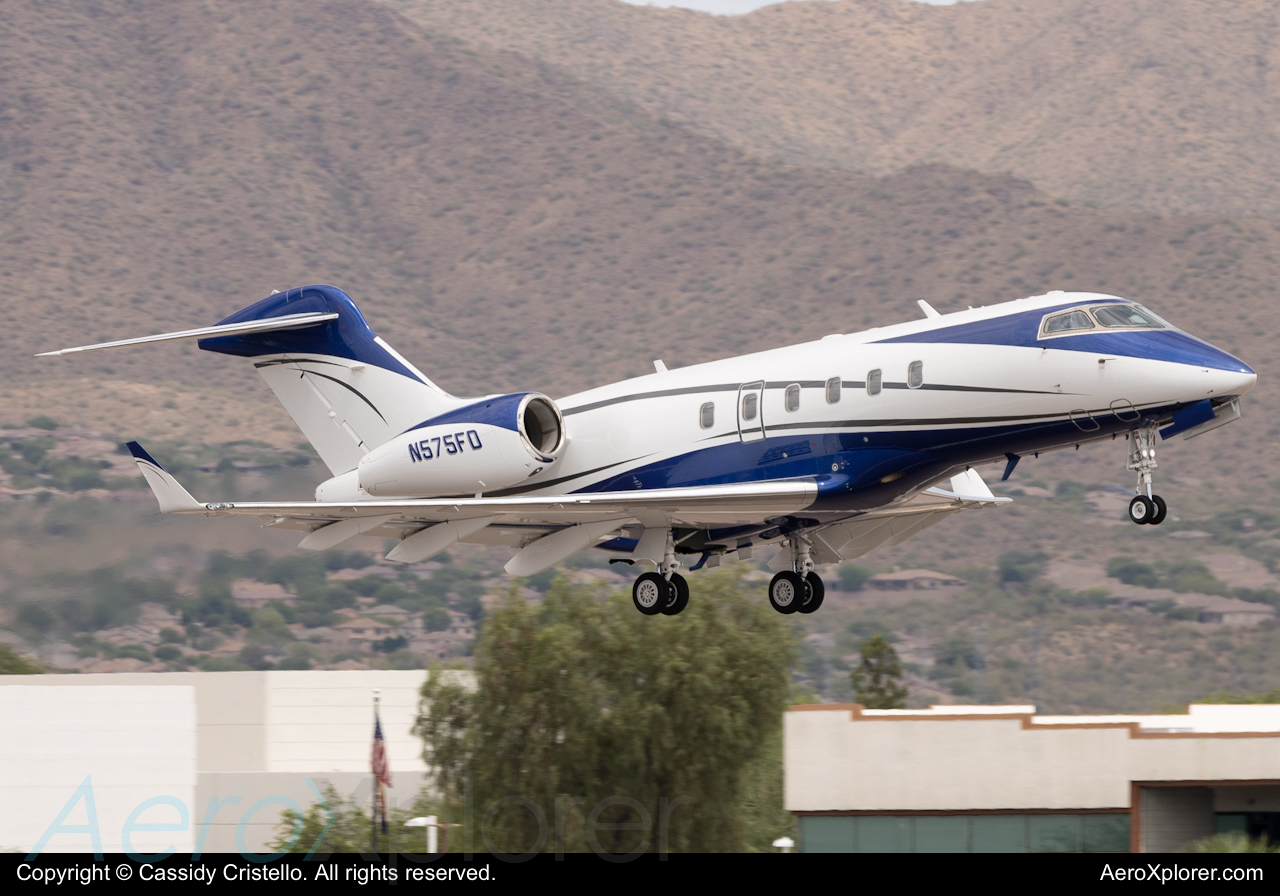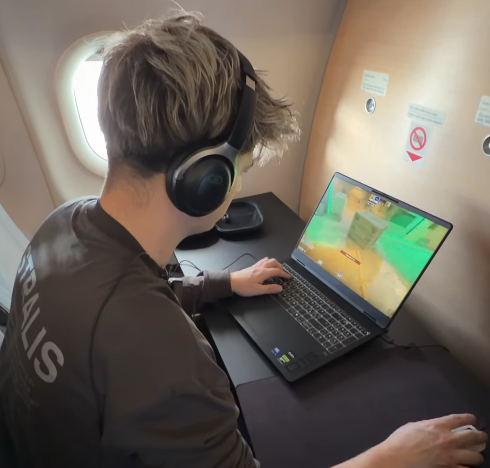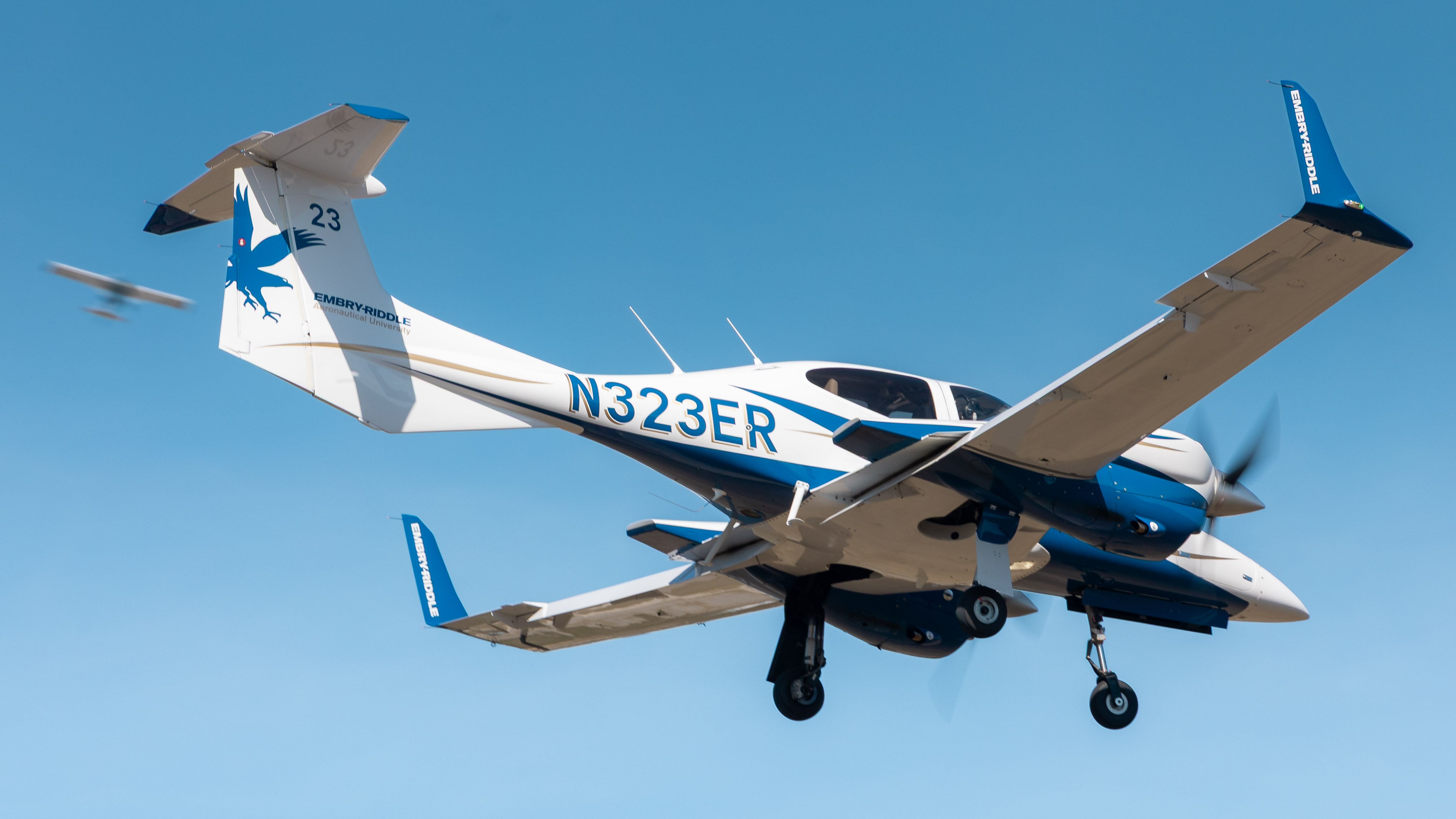On Saturday, Boeing announced that it would be terminating a $4.2 billion deal with Embraer, a Brazillian aircraft manufacturer. The two companies had proposed a joint venture in February 2019, but according to Boeing, a deal couldn't be reached by the April 24, 2020 deadline. Boeing will now be able to focus on local production and restarting its production of the 737 MAX jets, which were grounded in March 2019 after two fatal crashes in Ethiopia and Indonesia.
After Boeing announced that it would be terminating its deal with Embraer, the Brazilian aircraft manufacturer responded by saying in a press release that it will "pursue all remedies against Boeing." In the same press release, Embraer also made a reference to Boeing's two fatal crashes of the 737 MAX jets, stating that Boeing was trying to state "false claims," to avoid paying the $4.2 billion because of its own financial difficulties. It is estimated that both of Boeing's 737 MAX jet crashes have cost the American aircraft manufacturer roughly $19 billion.
Boeing has repeatedly denied Embraer's claims, saying that it is "deeply disappointing," that a deal could not be reached, even though both aircraft manufacturers had "productive but ultimately unsuccessful negotiations."
The terminated deal would have enabled Boeing to own 80% of Embraer's commercial aircraft, leaving Embraer with 20% ownership, enabling both aircraft manufacturers to design, build, and sell commercial aircraft across the world. Under the deal, Boeing would have taken over production at Embraer's current headquarters in Sao Paulo, which would have forced Embraer to move its production of its Legacy and Praetor jets to a private airport in Sao Paulo.
Overall, this terminated joint venture would have added to Boeing's earnings per share from this year and enabled Boeing to have access to Brazil's low-cost base. Embraer would have had access to Boeing's customer base and marketing power, and access to work on new airplane programs, including the Boeing New Midsize Airplane (NMA) Program, as well as the Future Small Airplanes Program (otherwise known as the replacement for the 737 type). Embraer has taken the worst blow from this terminated deal, because Boeing would have taken control of Embraer's E175-E2 program, which currently has no orders. Additionally, Boeing would have increased the orders for the E190/E195-E2. Embraer's E-Jet E2 family consists of three twinjet variants that share a four-abreast narrow-body fuselage. Through Boeing's intensive marketing strategies, it would have been highly likely that orders would start coming for Embraer's E2 jets.
This terminated deal is most similarly related to the deal Bombardier, a Canadian aircraft manufacturer, made with Airbus, Boeing's largest competitor, in 2017. Under the terms of the Bombardier-Airbus deal, Airbus acquired a majority stake in Bombardier's C-Series Aircraft, which saved significant production costs because of Airbus's expertise in the supply chain, as well as expanding Airbus's global footprint to parts of Canada, creating more competition with Boeing.
Boeing and Embraer have had business relationships for years. In 2011, the two companies announced plans to jointly fund research and analysis into aviation biofuel from Brazilian sugarcane. Additionally, this deal expanded on the strong cooperation for renewable energy research between Brazil and the United States. A year later, the two aircraft manufacturers signed an agreement that would benefit customers and support the growth of the aviation industry. Specifically, the deal enhanced operational efficiency, as well as improving safety features, by expanding technology to make aircraft safer. Additionally, the deal enabled expanded research on sustainable aviation biofuels, which was the main focus of their 2011 deal.
Boeing terminating the current joint venture does not have any impact between the numerous deals and agreements the two aircraft manufacturers signed in the past.
Do you think the termination of this joint venture would have an impact on when the 737 MAX production will resume? Leave your thoughts in the comments section below.
Student Education as a Pathway to an Aviation Career » SAS Hosts Air-to-Ground CS:GO Match at 30,000 Feet via Starlink » EVA Air to Launch Nonstop Flights to Washington-Dulles »
Comments (0)
Add Your Comment
SHARE
TAGS
NEWS Boeing Embraer Joint Venture E2 JV Brazil United StatesRECENTLY PUBLISHED
 Why Gogo is Refusing to Join the 'Starlink Speed Race' — And Why It's Winning Anyway
In a recent interview with AeroXplorer, Gogo's SVP Dave Falberg made it clear: Gogo isn't competing in a speed race against Starlink. Rather, it is competing in a race of reliability and integration.
NEWS
READ MORE »
Why Gogo is Refusing to Join the 'Starlink Speed Race' — And Why It's Winning Anyway
In a recent interview with AeroXplorer, Gogo's SVP Dave Falberg made it clear: Gogo isn't competing in a speed race against Starlink. Rather, it is competing in a race of reliability and integration.
NEWS
READ MORE »
 SAS Hosts Air-to-Ground CS:GO Match at 30,000 Feet via Starlink
On January 14, to prove the low-latency capabilities of the SpaceX-powered system, the airline hosted a live multiplayer Counter-Strike video game tournament at 30,000 feet.
NEWS
READ MORE »
SAS Hosts Air-to-Ground CS:GO Match at 30,000 Feet via Starlink
On January 14, to prove the low-latency capabilities of the SpaceX-powered system, the airline hosted a live multiplayer Counter-Strike video game tournament at 30,000 feet.
NEWS
READ MORE »
 Student Education as a Pathway to an Aviation Career
Explore how to become a pilot through aviation degree programs and flight school. Learn about requirements, costs, and career options.
INFORMATIONAL
READ MORE »
Student Education as a Pathway to an Aviation Career
Explore how to become a pilot through aviation degree programs and flight school. Learn about requirements, costs, and career options.
INFORMATIONAL
READ MORE »



